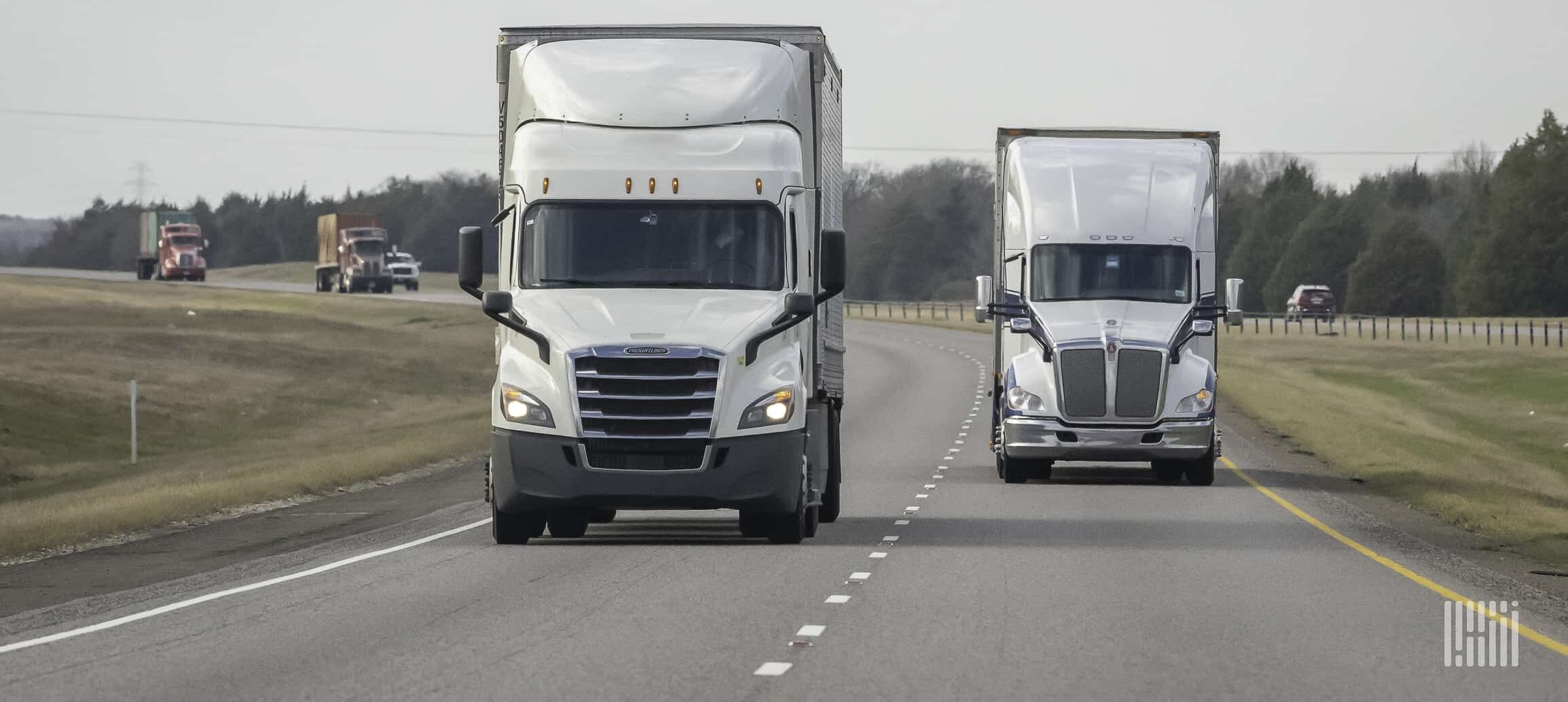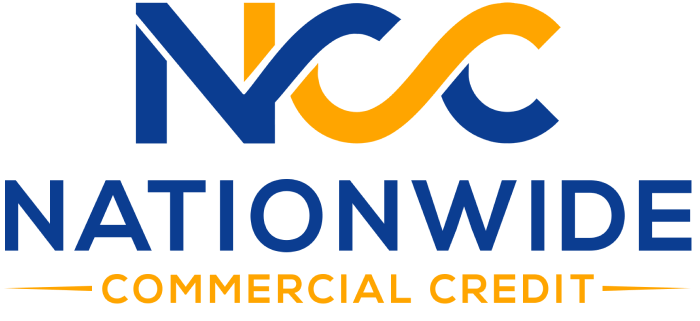Unpaid invoices are a burden for any business, but when the demand continues to increase and the invoices remain unpaid, where do you turn? Invoice factoring companies have a lot to offer the transportation industry, but at what cost? With several invoice factoring solutions, knowing which one is best for your business can be a hassle. Get the cash advance your business requires without the exorbitant fees and associated costs.
What is invoice factoring?
Invoice factoring involves selling your business’ outstanding invoices to an invoice factoring company. The best invoice factoring companies will then take a small percentage of those invoices and provide you with the funds you require. They will generally provide you with 80% to 90% of the invoice and do so within 24 to 48 hours. Once an invoice has been paid in full by the customer, you will see the remaining balance, but of course, this is minus the agreed-upon fees to ensure the invoice factoring can also remain in operation. This allows you to have the cash flow required to fund your business as you need and with the right agreement, will ensure you’re losing out on a minimal amount of the unpaid invoices.
3 types of invoice factoring contracts
Just like the trucks in your fleet, there are different options for invoice factoring contracts. While recourse factoring remains the most common solution for many companies, there are several options to look at when considering invoice factoring agreements.
Recourse factoring
Recourse factoring is the most common type of invoice factoring and is generally the most cost-effective. This factoring option will typically allow you to have lower fees and more flexibility when it comes to your credit requirements. The biggest drawback to recourse factoring is that in the end, if your customer fails to pay their balance, you are still responsible for this amount owed. Another downside to this type of factoring is that you will generally be required to commit to a lengthy contract.
Non-recourse factoring
While non-recourse factoring is much less common, it is still an option you may have. This type of factoring involves much higher fees, but you are generally not required to commit to a lengthy contract. This also requires much stricter credit requirements when compared to recourse factoring. The greatest appeal of non-recourse factoring is that the company will assume the risk if the customer fails to pay their balance. Knowing the details of the contract terms before committing is recommended with any financial agreement, but it is especially critical when looking to utilize a company for non-recourse factoring.
Modified recourse factoring
Modified recourse factoring is a blended type of factoring that includes factors from both recourse and non-recourse factoring. It entails the invoice factoring company obtaining insurance to ensure financial coverage. This allows them to protect themselves and your business if your customer remains unable to pay their balance due to factors like bankruptcy. Although insured, there are reasons that will negate this coverage still exposing you to the risk of having to buy back unpaid invoices. Modified recourse factoring also generally means that some of your cash received for these invoices will be tied up in an escrow account to ensure more financial coverage. When you’re looking to ease your business’s cash flow, having funds tied up in an escrow account may only lead to more of a burden down the road.
Who collects unpaid factoring invoices?
The person responsible for collecting unpaid invoices will depend on the type of factoring agreement you’ve committed to with the invoice factoring company. While it may fall back on the invoice factoring company, it could also be left up to you to buy back the invoice and therefore put you responsible for collecting on any amounts that are left unpaid. So while you may get the cash advance you require up front, you could ultimately still be left to deal with the hassle of unpaid invoices.
Read contract terms closely
Again, anytime you are committing to a financial agreement, reading and ensuring you understand the contract terms completely is essential. Knowing the advance rate, varying fees, fee structures, customer limits, Notice of Assignment, insurance or warranty options, and all of the details involved will help you avoid losing out on money down the line no matter how great a percentage of the invoice you’ll be able to receive upfront.
Typically, establishing your business with an invoice factoring company is where you’ll begin. Their first step will be to ensure any invoices will qualify for factoring. You can then sell the invoice to the factoring company and receive immediate cash which then allows the factoring company to own the invoice and get paid by the customer. Most factoring companies will have a 90-day limit for collecting on these debts. If this timeline has passed and the balance remains unpaid, you will likely be required to buy back the unpaid invoice. Unless you have agreed to a non-recourse factoring agreement, you will remain responsible for any unpaid invoices.
How to decide the best option for you
The type of factoring that will be best for your business will depend on your business and invoices. Contrasting and comparing the fees each type requires is imperative. While you may get the cash you require upfront, the fees may negate this appeal if they aren’t cost-effective. The amount of time it will take for you to see your cash advance is of course one of the greatest factors to consider. Considering you are factoring these invoices to increase your cash flow, if the speed of payment is not quick enough, it won’t be advantageous enough to make it worth it.
When you’re unsure of which type of invoice factoring to agree upon, recourse factoring is generally your safest and best solution. When you have more confidence in the payment of invoices overtime, recourse factoring is of course the safest solution as you won’t be stuck buying back unpaid invoices time and time again.
Coverage when you need it
Most businesses can’t afford to simply wait around for invoices to be paid. With the constant demands in the transportation industry, invoice factoring remains a popular financial solution for those throughout the country. When you need a cash advance without the hassles of a standard loan, invoice factoring companies can provide the proper solution for your unpaid invoices. Know your options and get the coverage you require without having to wait, but be sure you read into the details before you jump into an agreement.
FAQ
If you neglect to pay a factoring company, your funds will be withheld and they may take legal action to ensure they receive what they are owed. Not to mention, future financial agreements will be far more difficult to obtain.
With recourse factoring, in the end, you will remain responsible for any unpaid invoices. With non-recourse factoring, the invoice factoring company will generally assume responsibility, even if the invoices remain unpaid.
When all variables are considered, the typical factoring fee rate will fall between 1% and 5%. This fee will not only depend on your credit, but it will greatly depend on your customer’s credit as well.



